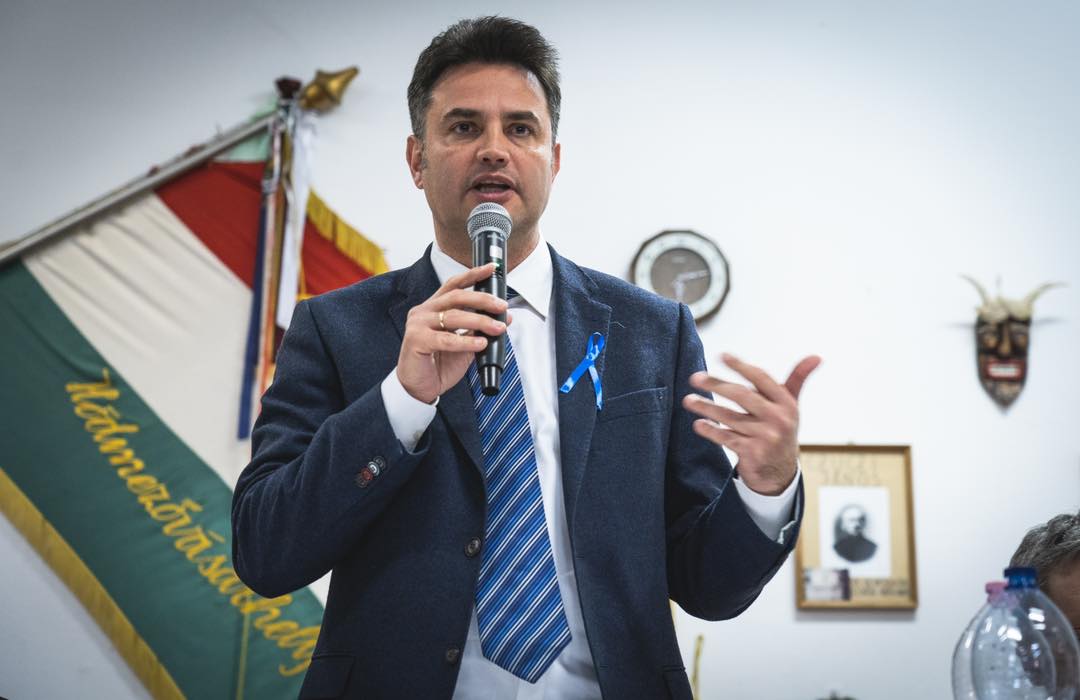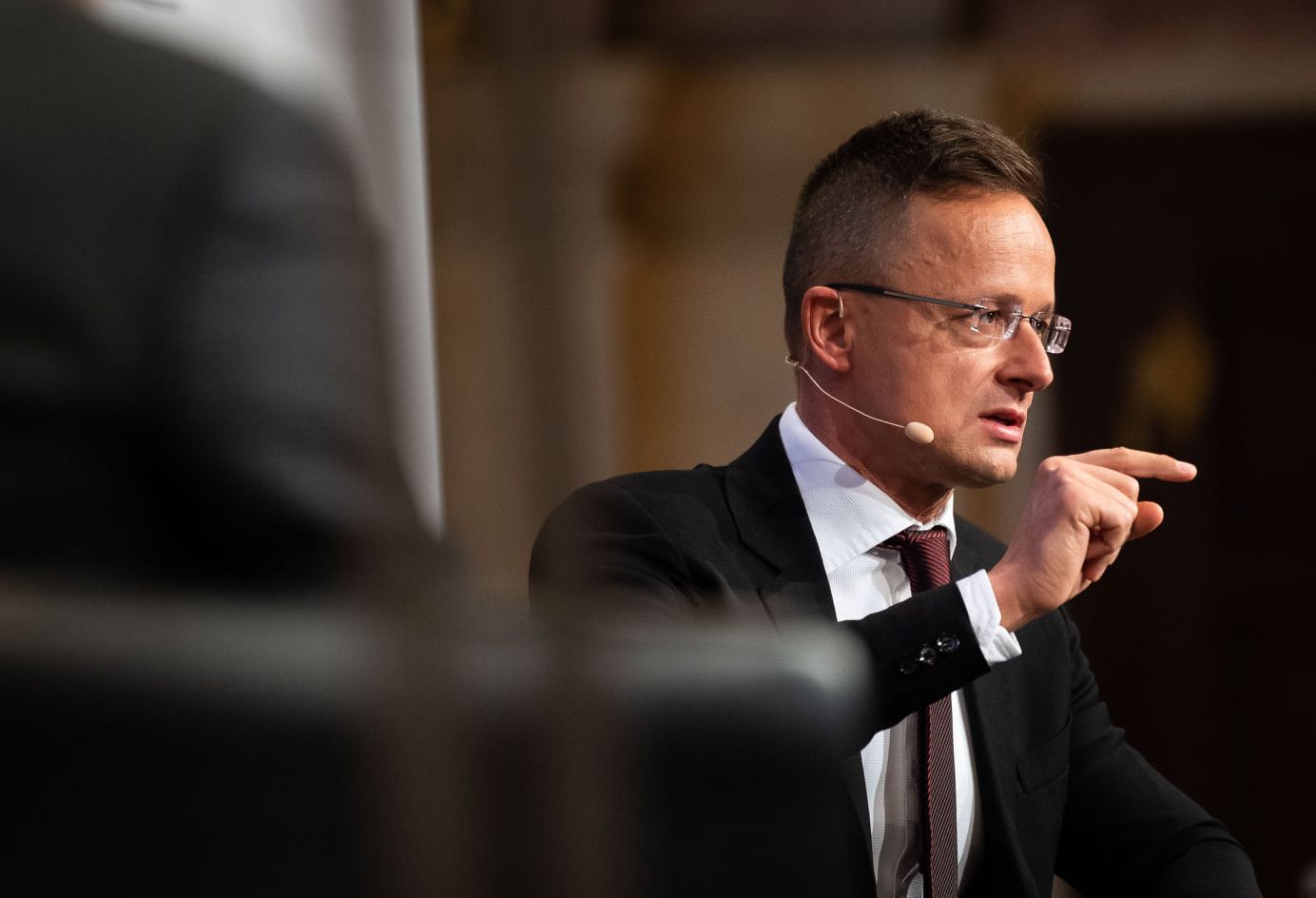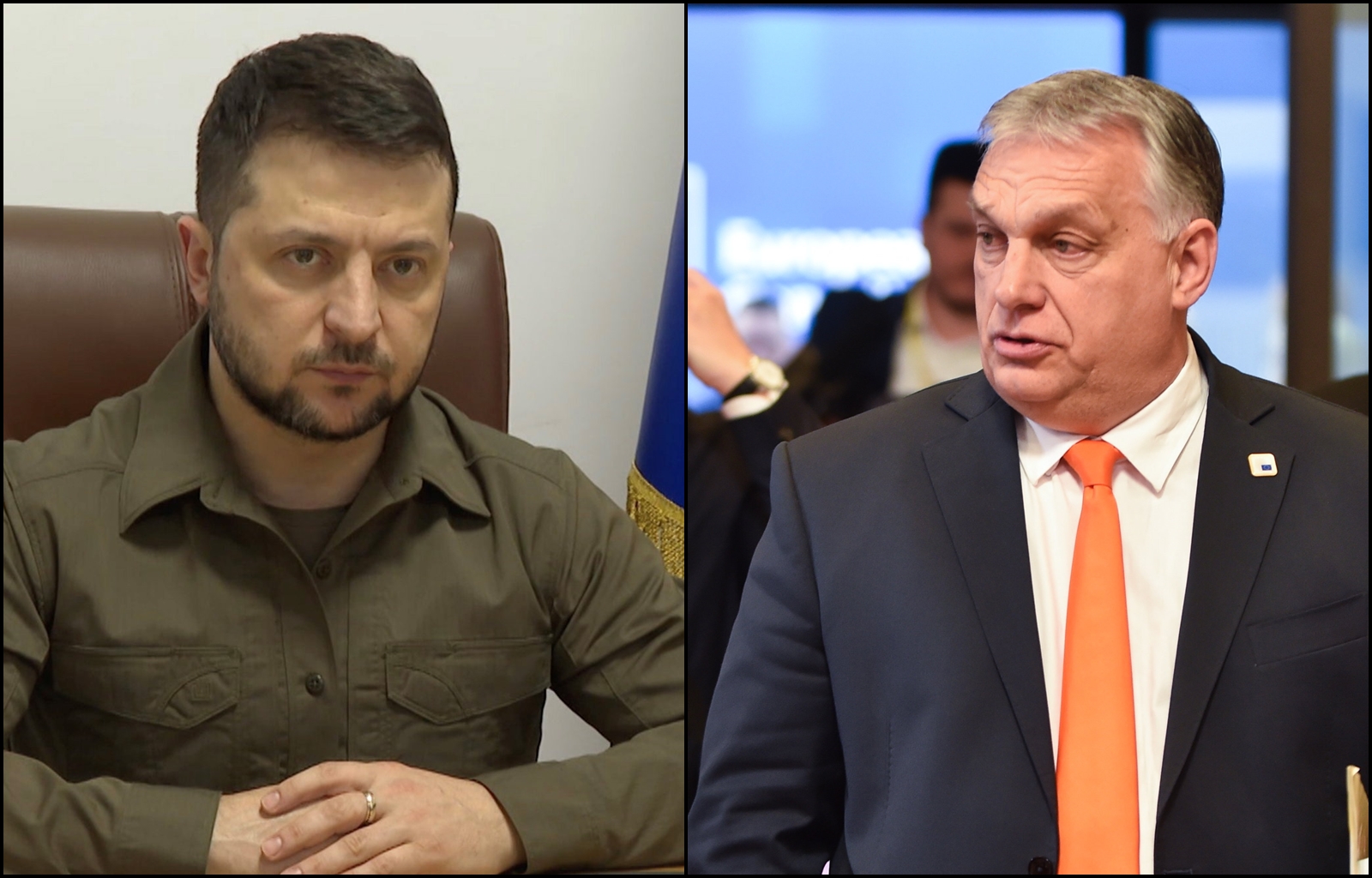
Before the elections, the pro-government media and Foreign Minister Péter Szijjártó accused Péter Márki-Zay, the opposition’s joint candidate for prime minister, of having contacted the Ukrainian president. According to the accusations at the time, President Zelenskyy’s critical tone and statements against the Orbán government were also the results of these discussions. Márki-Zay denied the allegations at the time, but has now admitted that his campaign team indeed tried to organize an online discussion with the president. However, he did not find this a good idea and the plan ultimately fell through.
At the end of March, only days before the 2022 parliamentary elections, news emerged that the campaign team of Péter Márki-Zay, the opposition alliance’s candidate for prime minister, and the staff of Ukrainian President Volodymyr Zelenskyy got into contact.
Following this, pro-government media and several politicians of governing Fidesz slammed Márki-Zay and the opposition.
Related article
FM Szijjártó: Opposition 'in Constant Contact with Ukrainian Gov't'
"The Hungarian left made a promise if they were in government, they would immediately decide on the transfer of armaments to Ukraine and immediately vote in favor of sanctions on oil and gas shipments to Europe, including Hungary," Szijjártó said.Continue reading
Citing national security sources, pro-government Magyar Nemzet claimed contact between the campaign team of the alliance’s PM candidate and Ukraine’s President was established. According to the site, this was followed by Zelenskyy’s speech at the European Council, in which he directly addressed Viktor Orbán and criticized Hungary’s policy on Ukraine.
Not long after the article was published, Hungary’s Foreign Minister Péter Szijjártó said that “the Hungarian left” was “completely exposed.” He then accused the opposition of being “in constant contact” with Zelensky and the Ukrainian leadership. Szijjártó also said that “the Hungarian left made a promise that if they were in government, they would immediately decide on the transfer of armaments to Ukraine and immediately vote in favor of sanctions on oil and gas shipments to Europe and Hungary.”
The minister insisted that Ukrainian President Volodymyr Zelenskyy’s international speeches in which he “constantly attacks Hungary and its government for refusing to send weapons to Ukraine, or to vote for sanctions endangering our energy supplies” also corroborate that such talks had taken place.
Szijjártó and other Fidesz politicians also accused Zelenskyy and the leadership of Ukraine of interfering in the Hungarian elections.
Related article
Zelenskyy-Orbán Clash Over "Strategic Calm" Regarding Sanctions and Military Aid
Orbán rejected requests to extend sanctions to the energy sector and to send weapons, arguing that such actions would not be in line with the national interest.Continue reading
In reaction to the accusations from Péter Szijjártó, the campaign chief of the opposition alliance told Telex it was a very “cheap campaign stunt” from the Foreign Minister. Péter Zaránd labeled the allegations a ‘lie’ to divert attention from the findings of investigative outlet Direkt36, alleging that Russian intelligence services had access to classified data of the Hungarian Foreign Ministry for years.
Following the brutal election defeat of the opposition, in a live video on social media on Sunday, Péter Márki-Zay acknowledged that his campaign team and the Ukrainian president’s staff indeed got into contact. But according to Márki-Zay, he already saw that this was a bad idea and told his crew so.
“A week before the election, the campaign staff – the people who had done and worked on many campaigns before – they thought – and it wasn’t my opinion, in fact, I thought the very opposite – how nice it would be if I could talk to President Zelenskyy on an online video channel.”
Although Péter Márki-Zay has “high regards” for Volodymyr Zelenskyy, he immediately told his team that if such a conversation were to take place, “the Fidesz propaganda will then tell the lie that we are organizing to send soldiers there. I told them you can’t think with the head of Fidesz, you are not that evil.”
In the end, a bomb threat prevented the communication:
“Regardless, they had already organized it by the time I told them how bad an idea it was. We wanted to talk to Mr. Zelenskyy, but we couldn’t because of a bomb threat in Kyiv,” Márki-Zay said.
The politician stressed that they had given Ukraine an ambulance, they did not want to send soldiers there, and they would not have “turned off the gas taps” either.
Featured photo via Ágnes Kunhalmi’s Facebook page


